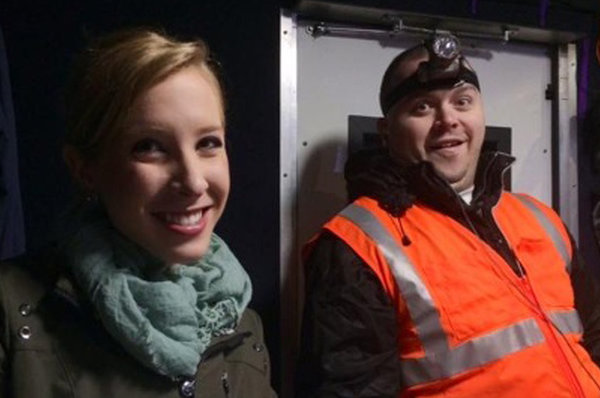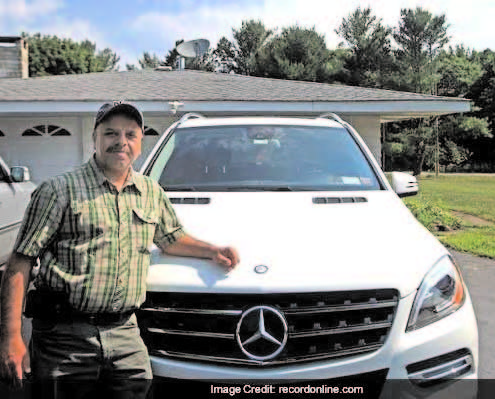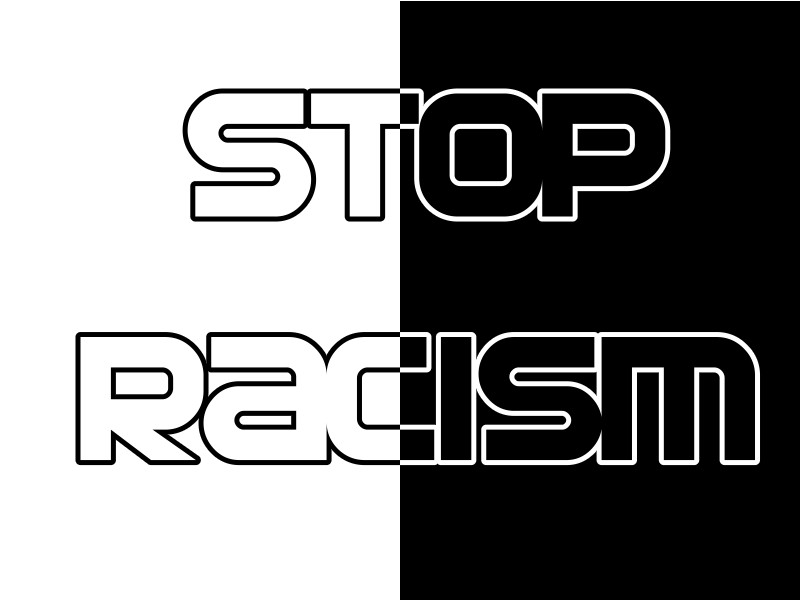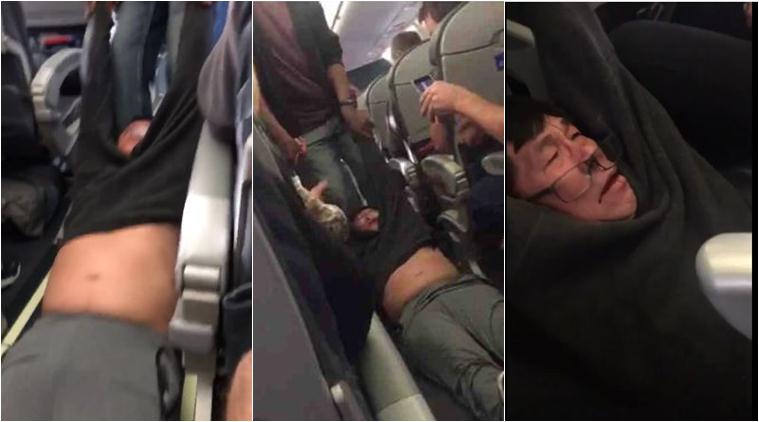
ROANOKE, VA (TIP): He was a fired television reporter with a history of conflicts at work and rage apparently stoked by racial grievances. And when he sought revenge on Wednesday, August 26, gunning down two former colleagues, he used the tools of social media to ensure that his crime was broadcast live, recorded from multiple angles and posted online.
Vester Lee Flanagan II, 41, identified by the authorities as the gunman, waited until Alison Parker and Adam Ward, young journalists at WDBJ in Roanoke, were on air, then killed them while recording on his own video camera. Mr. Flanagan shot himself in the head hours later, the authorities said, but as the chase for him was on, he wrote about the shooting on Twitter, uploaded his video to Facebook and sent a manifesto to ABC News that spoke admiringly of mass killers and said that as a black, gay man he had faced discrimination and sexual harassment.
The shooting and the horrifying images it produced marked a new chapter in the intersection of video, violence and social media.
The day began with the most mundane of early-morning interviews. Ms. Parker and Mr. Ward were working on a story for WDBJ about the 50th anniversary of Smith Mountain Lake, a reservoir tucked among farms and rolling mountains that is popular with anglers, kayakers and sunbathers. They stood on a balcony of Bridgewater Plaza, a shopping and office complex on the lakeshore, talking with Vicki Gardner, executive director of the Smith Mountain Lake Regional Chamber of Commerce.
Around 6:45 a.m., the shooting began.
The station’s own disturbing video shows Ms. Parker screaming and stumbling backward as the shots ring out and a set of jumbled images as the camera falls to the floor. Eight shots can be heard before the broadcast cut back to the stunned anchor at the station, Kimberly McBroom.
Shortly afterward, Mr. Flanagan wrote on Twitter, “I filmed the shooting see Facebook,” and a shocking 56-second video recording, which appeared to be taken by a body camera worn by the gunman, was posted to his Facebook page. It showed him waiting until the journalists were on air before raising a handgun and firing at point-blank range, ensuring that it would be seen, live or recorded, by thousands.
Both social media accounts used the name he was known by on television, Bryce Williams, and both were shut down within hours of the shooting.
Ms. Parker, 24, a reporter, and Mr. Ward, 27, a cameraman, both white, were pronounced dead at the scene. Ms. Gardner was wounded and underwent emergency surgery, but was expected to survive. Mr. Flanagan shot and killed himself hours later after being cornered by the police on a highway about 200 miles away.
If the killings shocked the nation, they had particular resonance in this rural area where local reporters are recognized personalities. Ms. Parker and Mr. Ward were known as hardworking, cheerful people who had grown up here and were romantically involved with other members of their station’s staff. At a midday news conference, Bill Overton Jr., the Franklin County sheriff, said Ms. Parker and Mr. Ward had interviewed him about three weeks ago, and he was watching live on Wednesday when they were killed.
“It has really stopped me in my tracks,” he said. “Like many viewers, I was watching this morning’s broadcast and couldn’t understand, really, what was happening myself at that time.”
Almost two hours after the shootings, a 23-page missive faxed to ABC News headquarters in New York, apparently from Mr. Flanagan, pointed to the June 17shooting in Charleston, S.C., in which a white supremacist is accused of killing nine black people in a Bible study group. ABC reported that a man claiming to be Bryce Williams had contacted the network several times in recent weeks, saying he had a story for them. He never said what it was.
“Why did I do it?” Mr. Flanagan said in the rambling fax message, which The New York Times obtained from a law enforcement official. “I was already on the edge. The church shooting was a tipping point. The victims’ initials are written on the bullets.”
He echoed the words of the accused Charleston gunman, Dylann Roof, and spoke of a race war. He also said Jehovah had told him to act. He spoke admiringly of the Columbine High School killers and the gunman who carried out the Virginia Tech massacre that left 32 people dead. At one point, he called his document a
“Suicide Note for Friends and Family.”
The fax, which also contained allegations that he was repeatedly harassed, bullied and discriminated against for being black and gay, was turned over to law enforcement officials. On Twitter, he made similar charges of racism and harassment, adding that he had filed a complaint with the Equal Employment Opportunity Commission, a federal agency. A spokeswoman for the agency, Kimberly Smith-Brown, said federal law prohibited her from confirming whether the agency had received a complaint.
“This gentleman was disturbed at the way things had turned out at some point in his life,” Sheriff Overton said at the news conference. “Things were spiraling out of control.”
Accounts from former colleagues, competitors and court records indicate that Mr. Flanagan, who had graduated from San Francisco State University and worked in several markets around the South, was a skilled broadcaster, but also volatile, combative, threatening and prone to seeing himself as persecuted.
The station investigated the alleged racist comments, and “none of them could be corroborated by anyone,” he said. “We think they were fabricated.”
“He was sort of looking out for people to say things that he could take offense to,” Mr. Marks said. “Eventually, after many incidents of his anger coming to the fore, we dismissed him. He did not take that well, and we had to call the police to escort him from the building.”





Be the first to comment